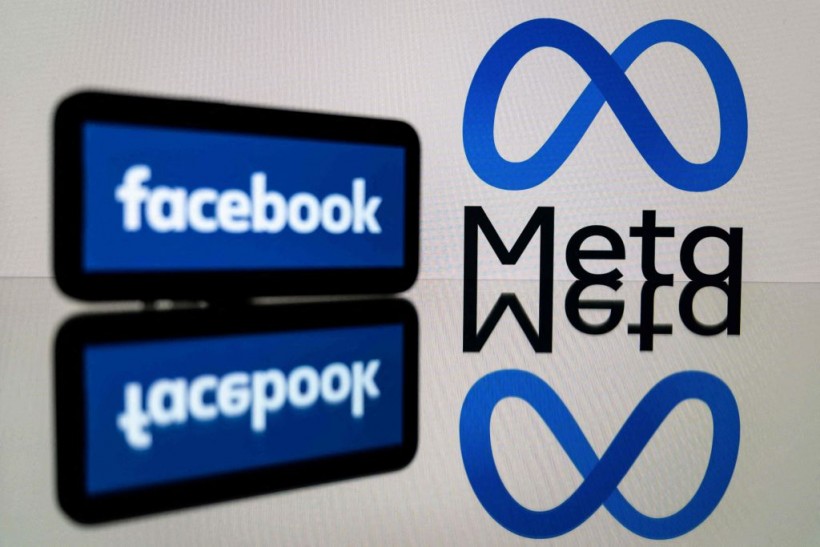Ads are massive on social media, and most of the time, they are alluring because of the many promises they claim for a certain service, but beware as Facebook is now rid of ads that bring malware. The latest discovery centers on ads regarding artificial intelligence (AI) apps which claims it brings significant help to users, but in reality, these are security threats.
Sometimes, when users are presented with ads, they get curious as to what it brings and click it, or in some cases, accidentally open it, but beware as these could contain viruses or threats.
Facebook Ads About AI Apps Contain Malware

(Photo : LIONEL BONAVENTURE/AFP via Getty Images))
This picture taken on January 12, 2023 in Toulouse, southwestern France shows a smartphone and a computer screen displaying the logos of the social network Facebook and its parent company Meta.
CheckPoint reported a new online tactic from threat actors where they use fraudulent ads enforced on different social media platforms, particularly Facebook, which brings malware to users. These ads are promising the power of AI apps that can be easily accessible to users via their links, but in reality, they only lead users to download malware files.
These said ads lead to websites focusing on the likes of OpenAI's ChatGPT, Midjourney AI, Google's Bard, and more, with a dedicated landing page to complete the fraudulent tactic.
After which, it downloads the said malware that remains undetected to users, and it is a clever one at that as it remains discreet in its download and installation.
Read Also: New MacOS Malware Named 'Realst' Is Targeting Crypto Wallets
New Malware Steals Sensitive Information
Tech Radar said that while these ads promised exclusive access to premium content or features, these are fake, and could be harmful to you and your information.
The malware was found to be stealing personal and sensitive information about the user, as well as obtaining crypto wallet information, and more.
Malware on Ads or Links
Clicking on things online may lead to good or bad results, but this should come as a warning to you that not everything is trustworthy and have sound intentions. Hackers have made it so that downloading PDF and WSF files would infect users without them knowing, and this was recently discovered to be the Qbot malware.
Social media platforms initially encountered the problem of "click baits," and while this old term sounds like a thing of the past, it is still significantly affecting users until now. These click baits now are enticing users to engage with them, and while some may only lead to websites with loads of ads, some contain malware that could steal information or bring the likes of ransomware or adware.
Internet safety cannot be stressed enough these days, especially as threat actors are becoming more creative and advanced, especially now with easier access to systems or devices. Facebook ads are not all bad, but those with superficial promises via ads talking about AI apps were discovered to have malware that remains undetected and steals personal information.
Related Article: 'Barbie' Phishing Scam: Fraudsters Steal Bank Info With Malware Using 'Barbie-Related Filenames'









